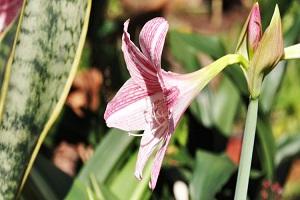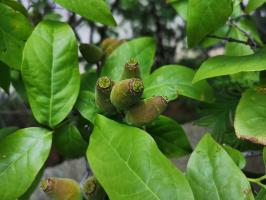Can Bottled Drinking Water Be Used to Water Plants?
When it comes to watering plants, some people prefer using tap water, while others prefer using bottled water. But what about using bottled drinking water to water plants? Is it a good idea or a waste of money? In this article, we'll explore the pros and cons of using bottled water for watering plants.
The Pros of Using Bottled Water for Watering Plants
Many people assume that bottled water is better for plants than tap water because it's free of contaminants such as chlorine, fluoride, and other chemicals that may harm plants. This is especially true for plants that are sensitive to chemicals or have been grown hydroponically. Additionally, bottled water typically has a consistent pH level, which can be important for certain plants that require a specific pH level to thrive. Bottled water also contains trace minerals that can be beneficial to plants.
Another advantage of using bottled water for watering plants is that it's convenient. You don't need to worry about filtering or treating the water before using it, which can save time and hassle. Plus, if you have a small garden or only a few plants, using bottled water may not be too expensive.
The Cons of Using Bottled Water for Watering Plants
On the other hand, using bottled water for watering plants can be expensive if you have a large garden or many plants. Moreover, it's not environmentally friendly to use bottled water for watering plants because of the plastic waste it creates. Plastic takes hundreds of years to decompose, and much of it ends up in landfills or oceans, where it can harm the environment and wildlife.
Additionally, many bottled water brands derive their water from municipal sources, just like tap water. The only difference is that bottled water is processed and packaged differently. Therefore, if you're using bottled water to avoid the contaminants found in tap water, you may be wasting your money.
Final Thoughts
Overall, whether you should use bottled water for watering plants depends on your priorities. If you have a small garden or a few plants that require specific pH levels or are sensitive to chemicals, then bottled water may be a good option. However, if you have a large garden or want to be more environmentally conscious, then tap water or rainwater may be a better choice. Regardless of what water you use, it's essential to monitor your plants' water needs and avoid overwatering or underwatering, which can harm them.
Ultimately, it's up to you to weigh the pros and cons and make an informed decision about what water to use for watering your plants. However, whether you choose bottles or tap water, always keep in mind the importance of conserving water and protecting the environment.

 how many times do yo...
how many times do yo... how many planted tre...
how many planted tre... how many pine trees ...
how many pine trees ... how many pecan trees...
how many pecan trees... how many plants comp...
how many plants comp... how many plants can ...
how many plants can ... how many plants and ...
how many plants and ... how many pepper plan...
how many pepper plan...































